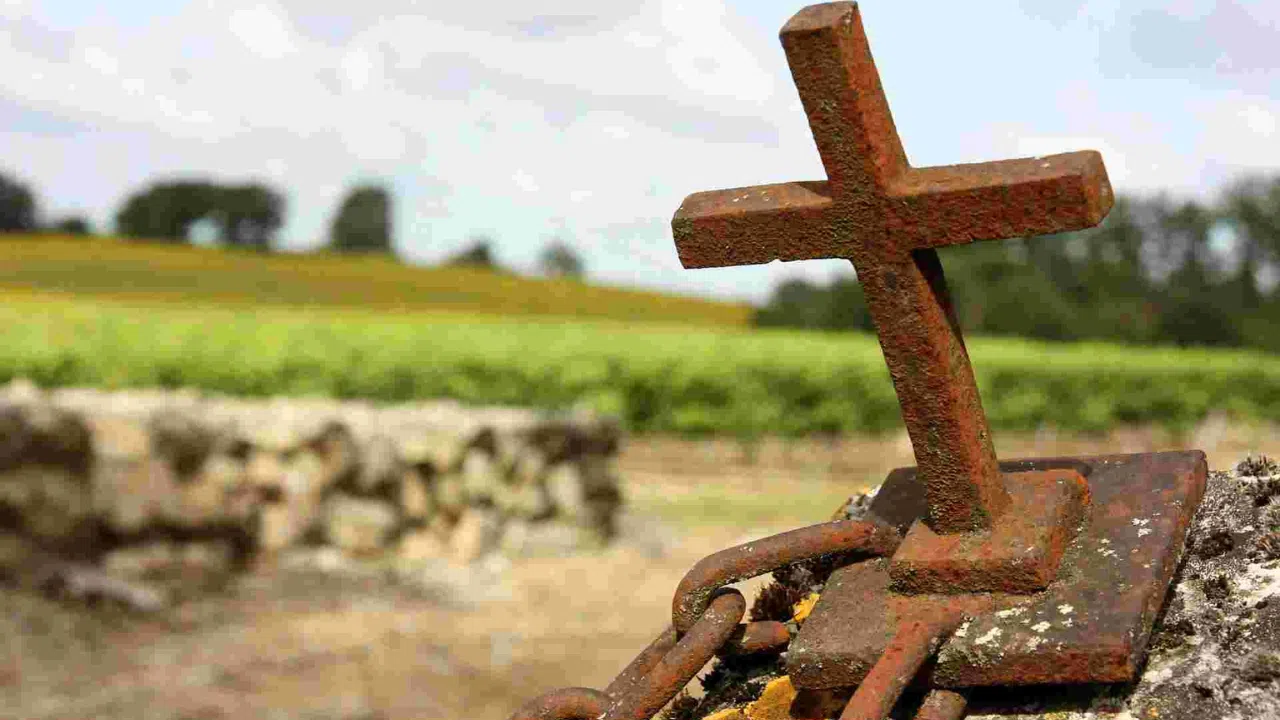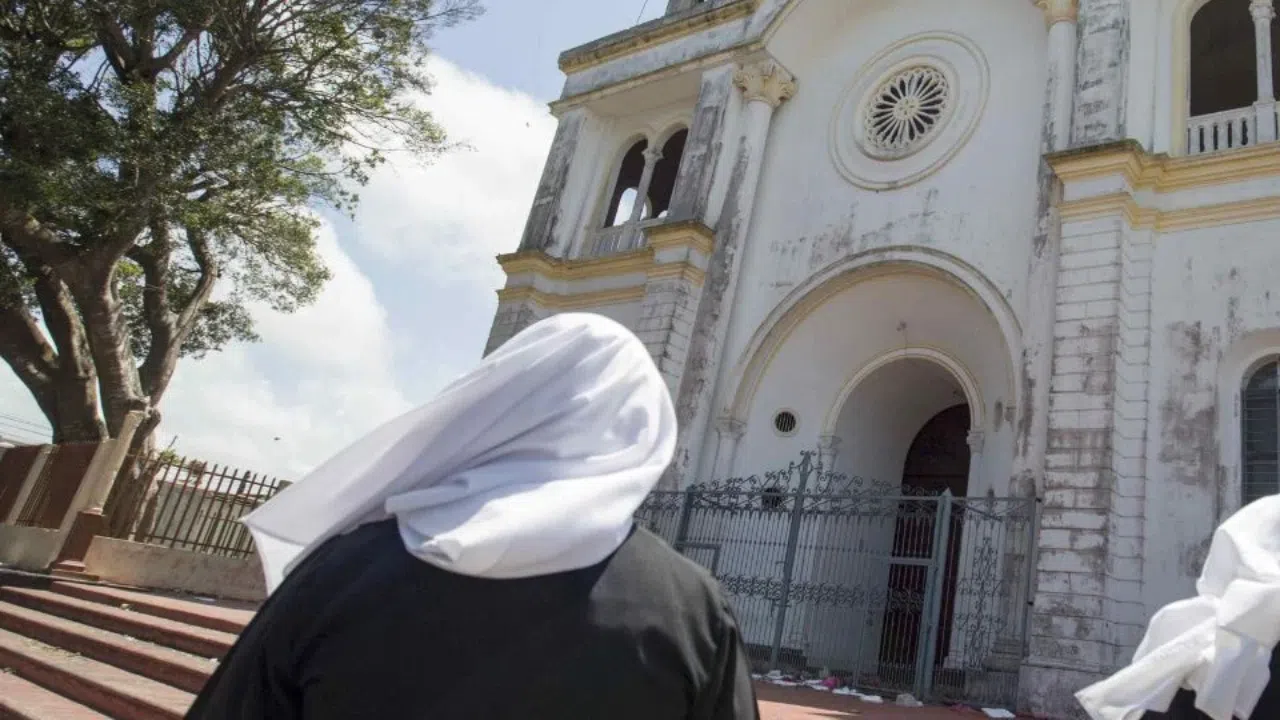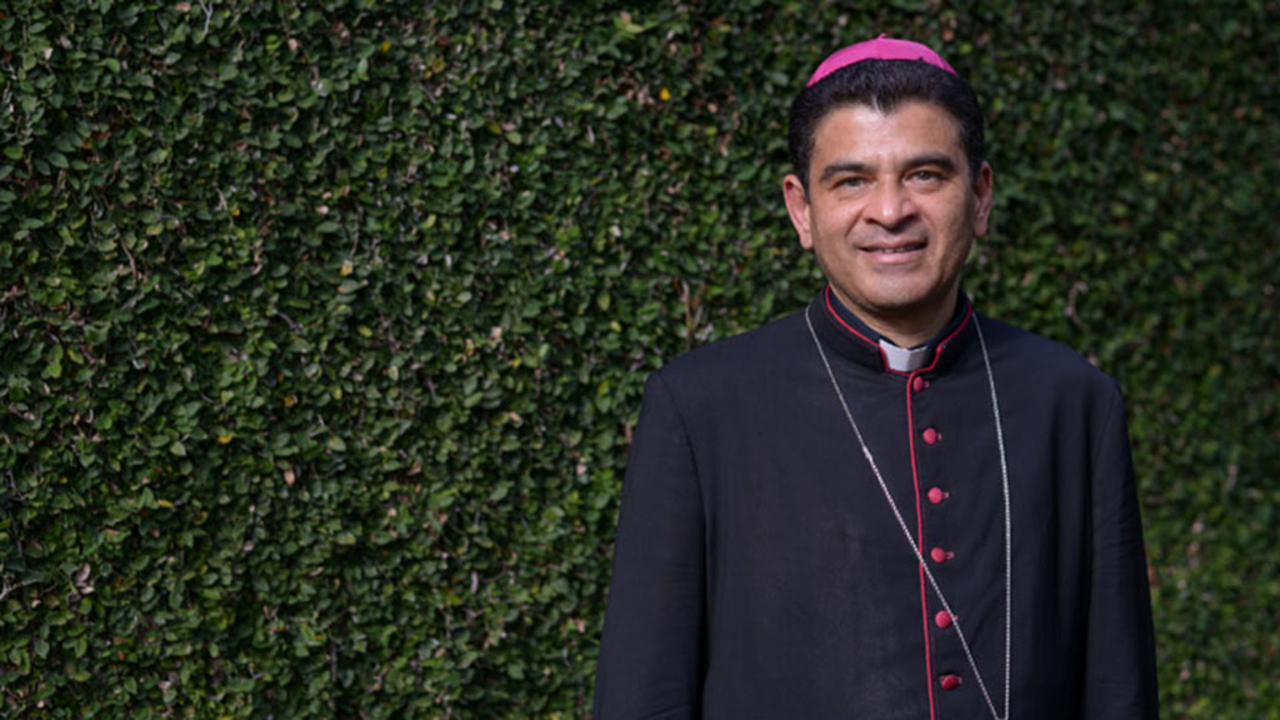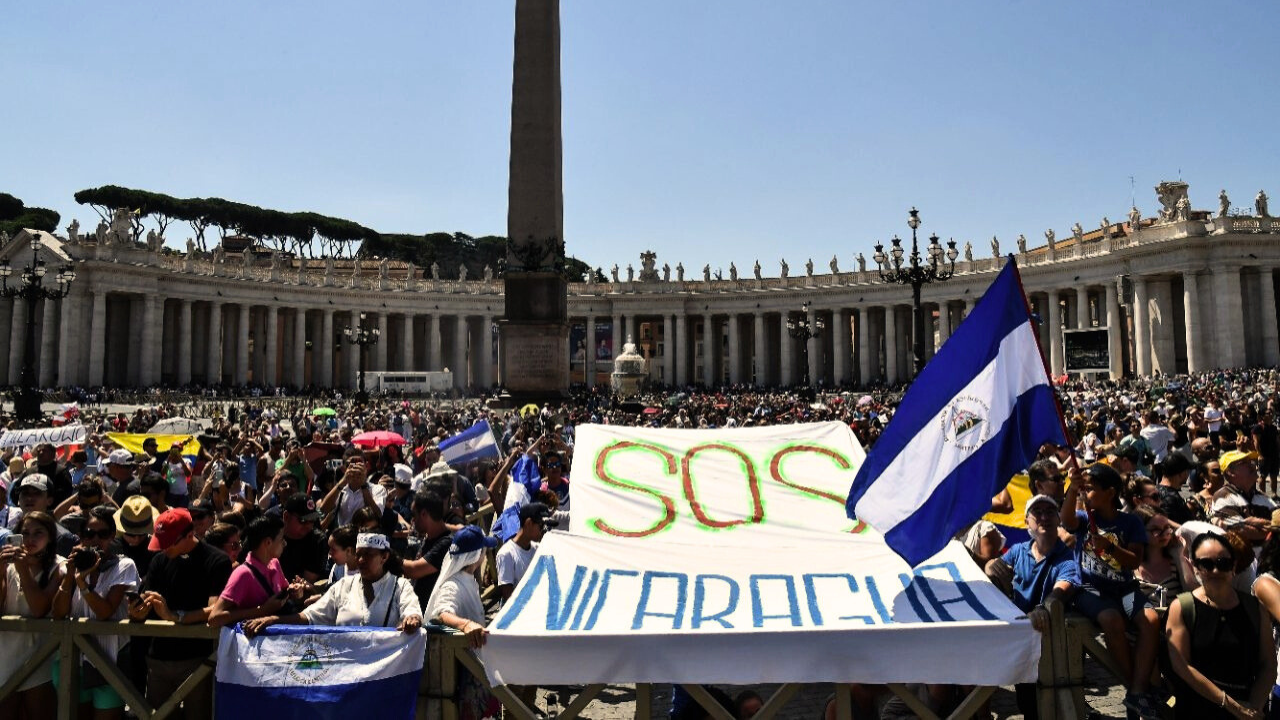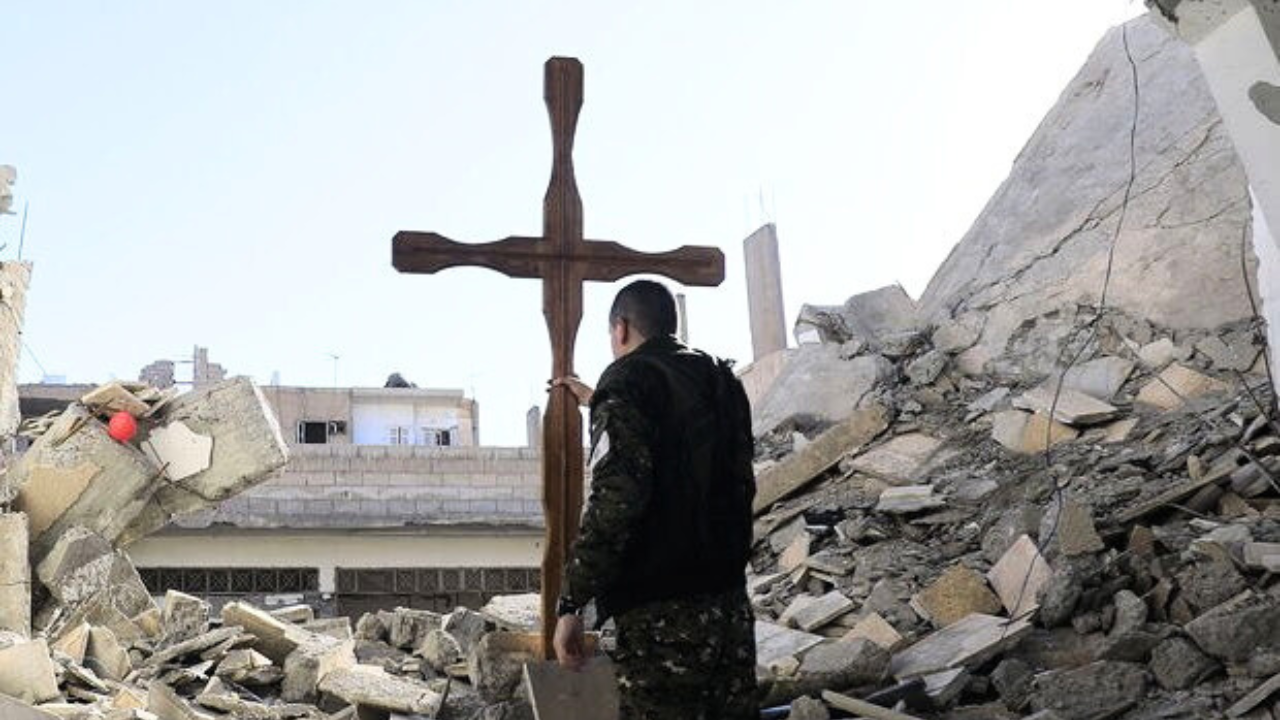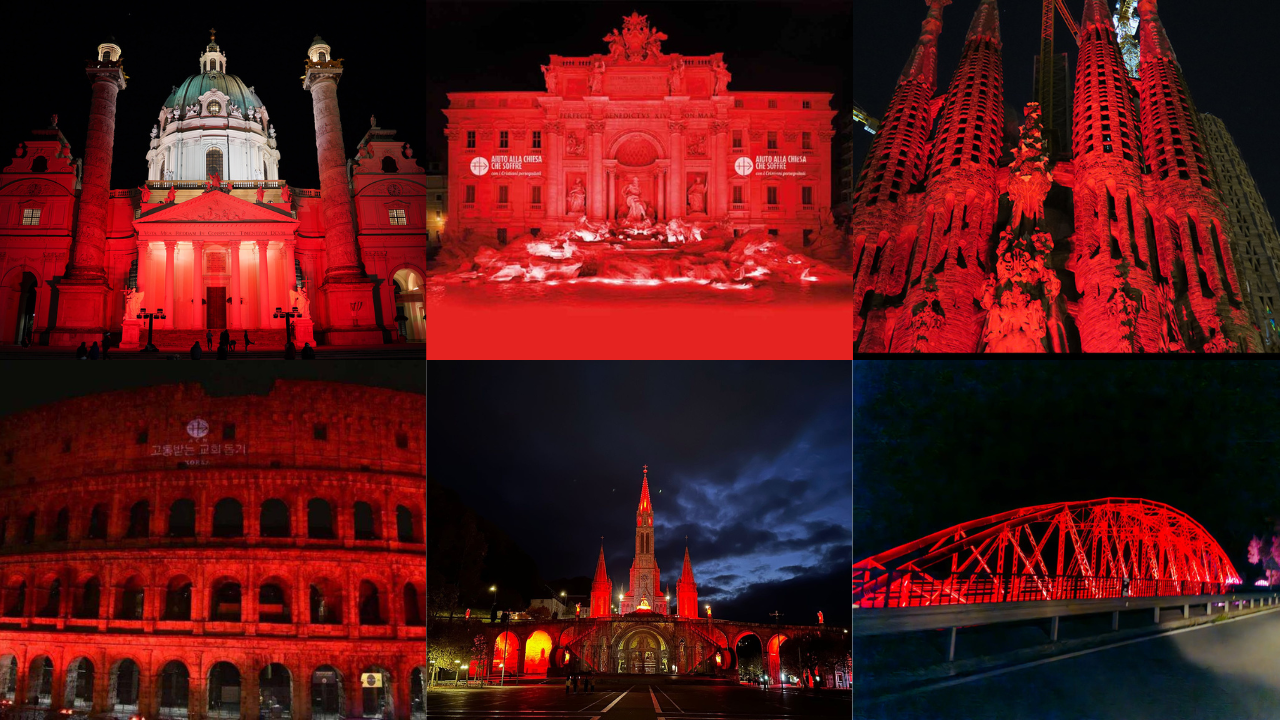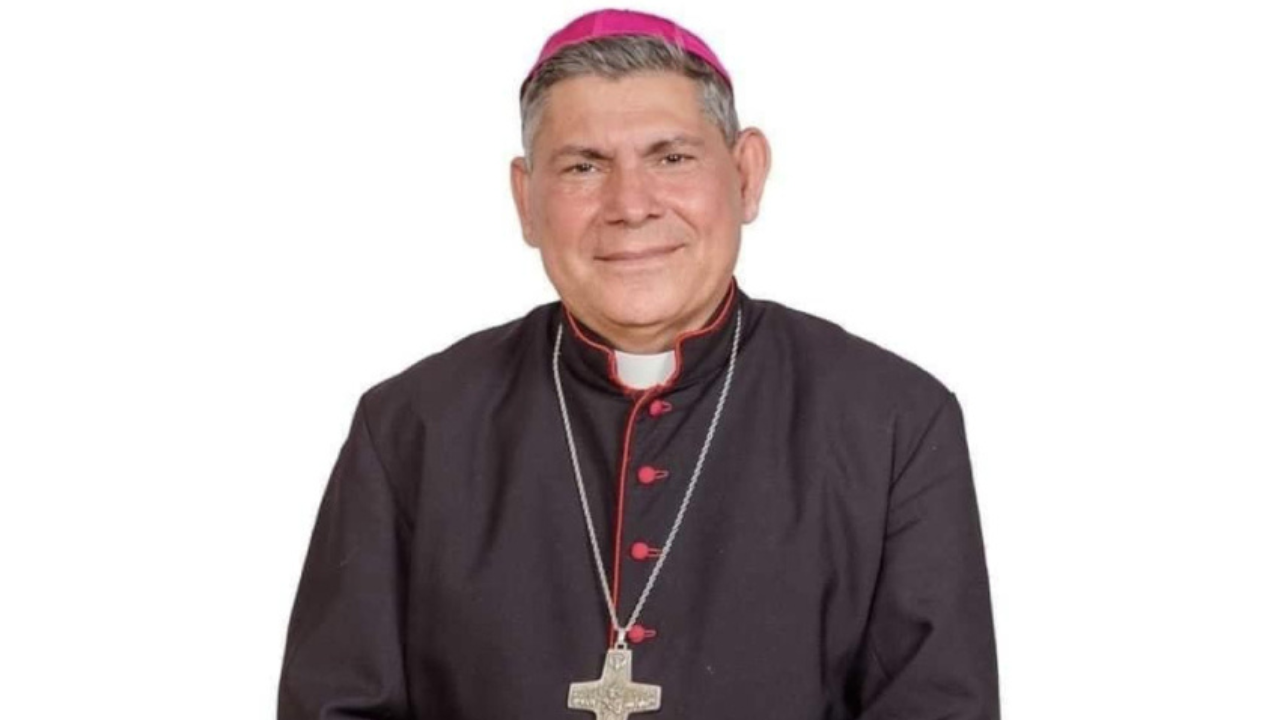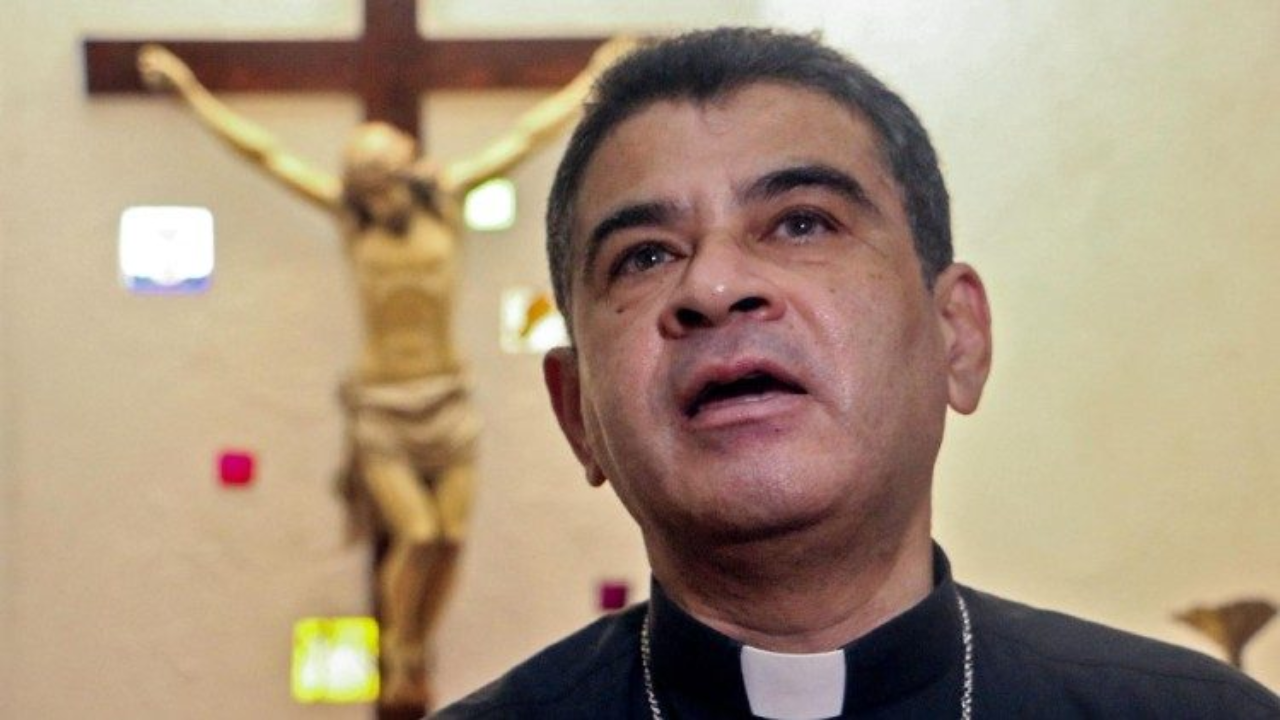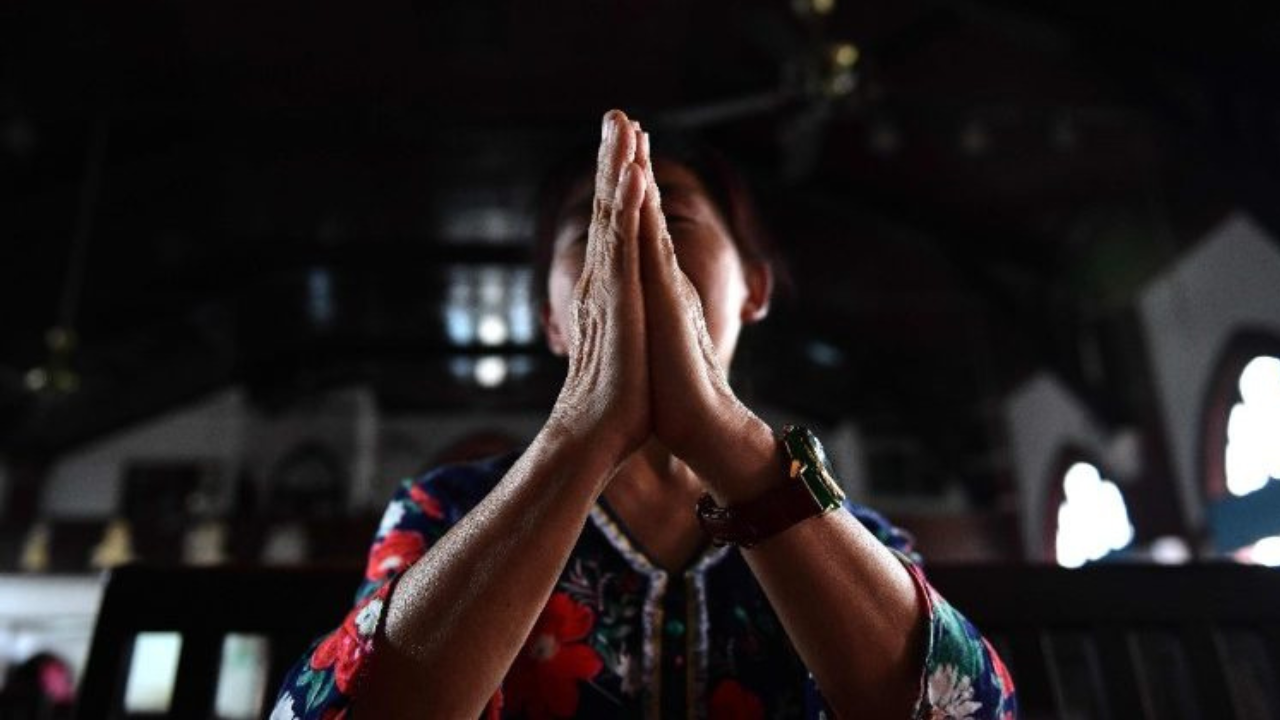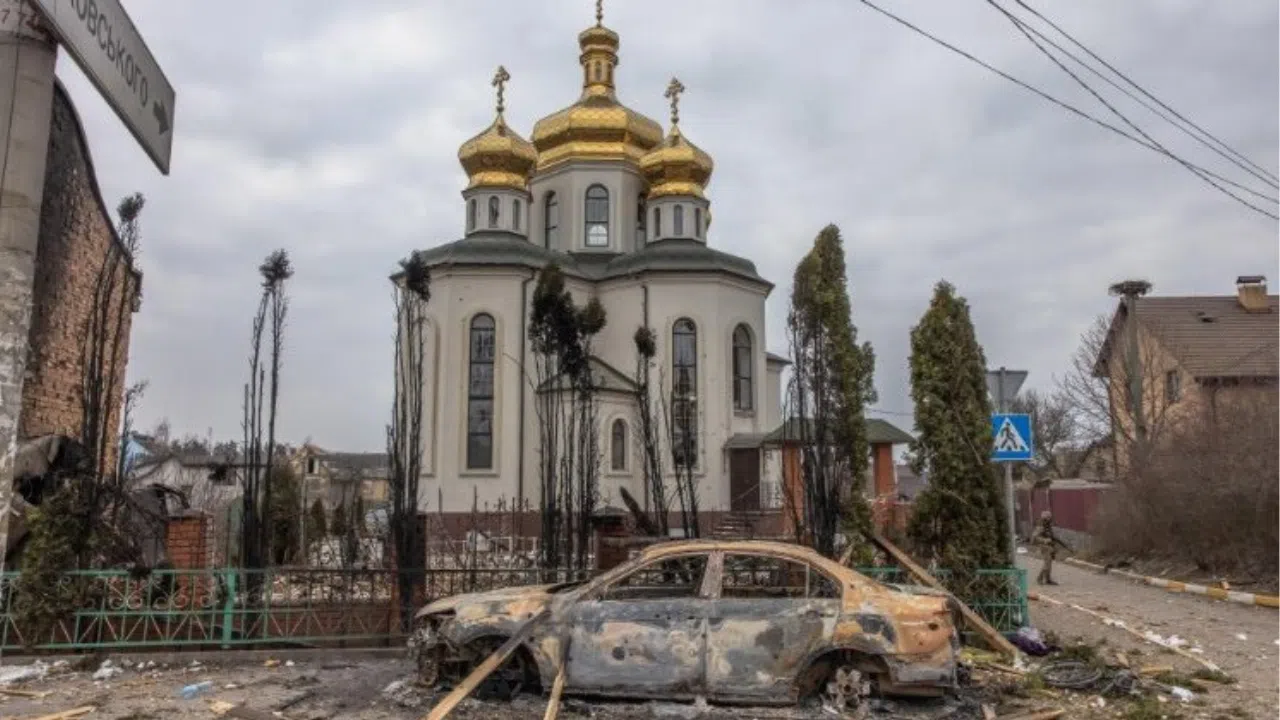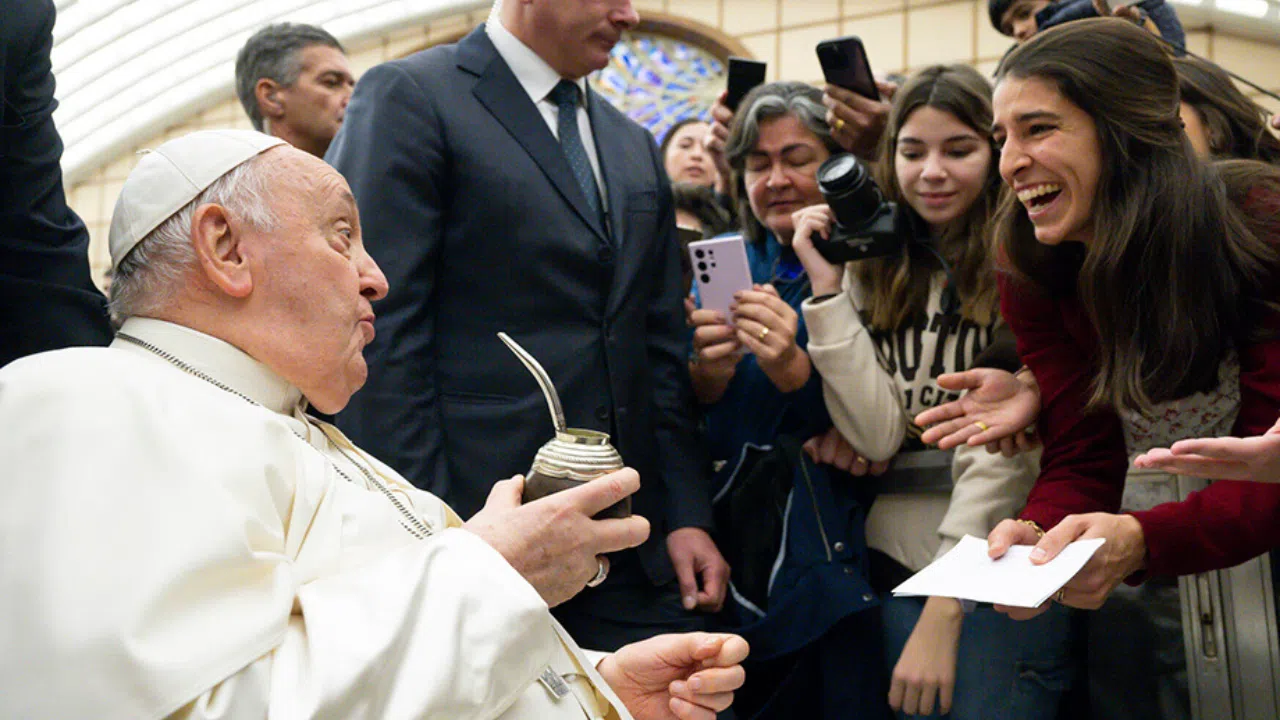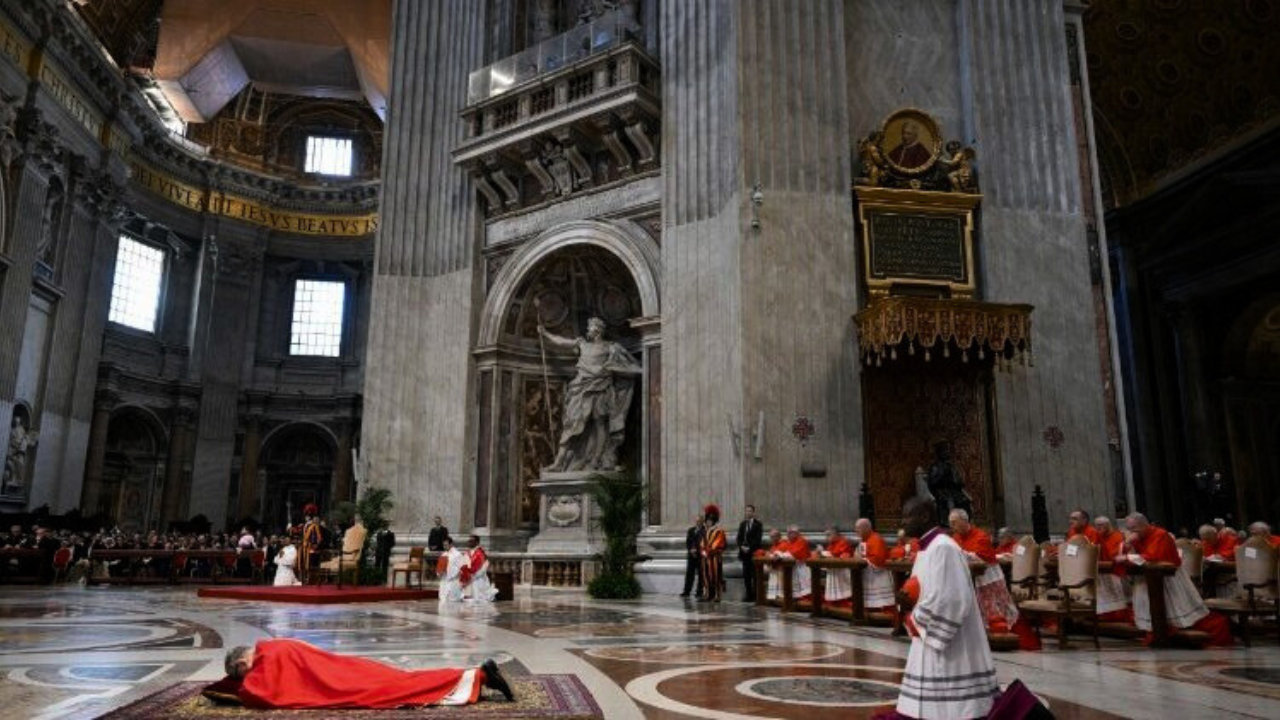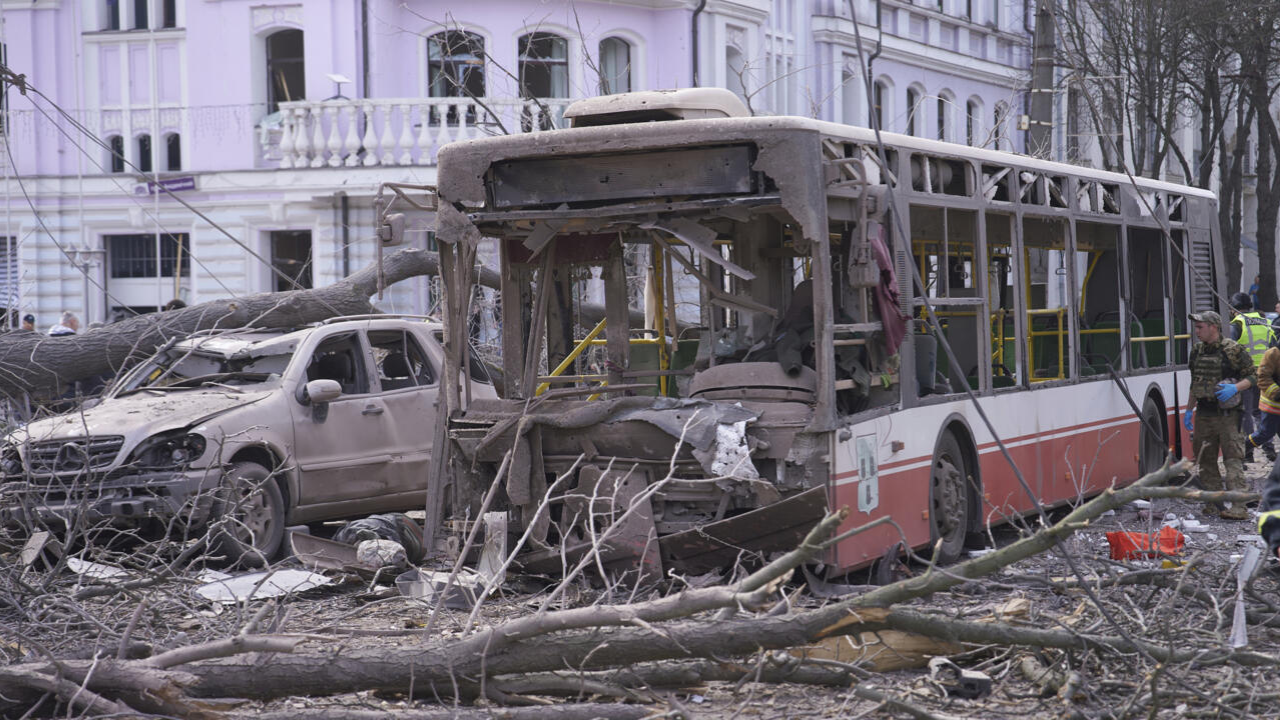One may never know exactly how many lives were claimed due to the repression carried out by the Soviet Union. Investigators like Stéphane Courtois estimate the number to be 20 million.
Some of the dissidents were sent to forced labor camps in Siberia. Sr. Tatiana was born in this region in the 1980s, during communism’s final days.
SR. TATIANA AVDOKUSHINA
Missionaries of the Sacred Heart of Jesus
“At the time I was born, there wasn’t a large persecution, and the truth is that you couldn’t have sent the dissidents to a place farther than where I lived. People give to the next generation what they have inside of them. In the case of religion, some believers carried resentment because of what happened in the past. However, I was very fortunate. The people I met in my life suffered, but they knew how to forgive and pass that faith on.”
That example was vital for Sr. Tatiana, who decided to become a nun in a place where the mark left by communism’s persecution was still visible. In the darkness of the repression, examples of nobility emerged, such as the priest who baptized her, Fr. Vasilij Rudka.
SR. TATIANA AVDOKUSHINA
Missionaries of the Sacred Heart of Jesus
“The priest who baptized me had been sentenced. He worked in a mine after years in jail. I was secretly baptized in the 1980s. He was a kind person; he never harbored any type of resentment toward those who made him suffer.”
The faith’s situation in Siberia has changed. Its survival was in jeopardy before, but now they’re working to expand it again. In fact, Sr. Tatiana helps with communication for the diocese in Novosibirsk, the main city in the region. It is located north of the border between Kazakhstan and Mongolia.
Sr. Tatiana spent some time studying in Rome, where she sometimes returns so that her diocese stays in touch with the Eternal City.
Her presence is proof that the faith of Christian communities in Siberia outlasted communism.
